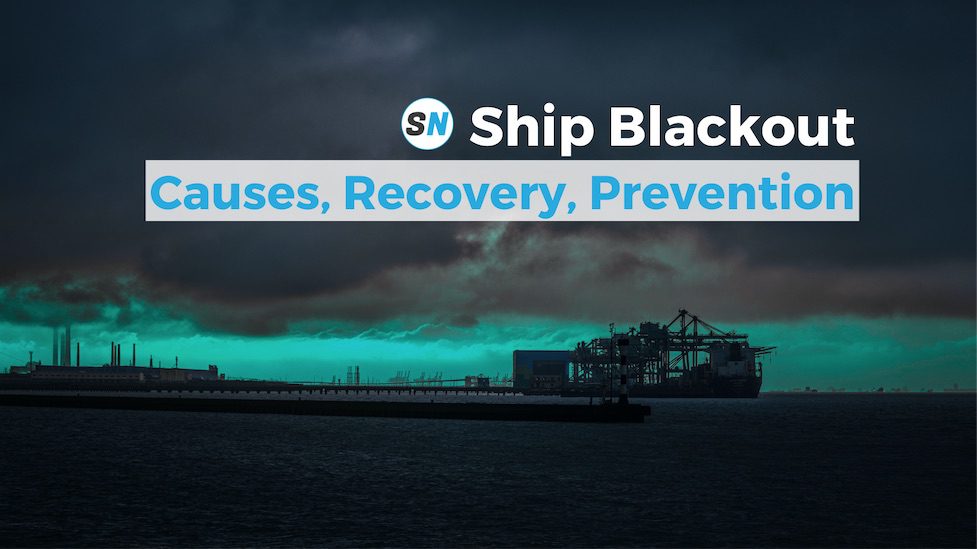28 November 2024
V.Ships Container ship 90-day ban for serious maintenance defects in Australia

The Australian Maritime Safety Authority (AMSA) issued a ban for the Marshall Island-flagged container ship Big Lilly from Australian waters for 90 days, for serious safety and maintenance issues.
Ship manager is said to have had detention rate well in excess of all other foreign vessels
Table of Contents
Incident
The Australian Maritime Safety Authority (AMSA) issued a ban for the Marshall Island-flagged container ship Big Lilly from Australian waters for 90 days, for serious safety and maintenance issues.
Prior to this ban, the container ship was detained in Melbourne, after an AMSA port State control (PSC) inspection identified serious defects with the watertight integrity of the ship’s cargo hatches, main engine, and safety equipment.
AMSA Inspectors identified a long list of defects and while the seafarers onboard had taken steps to maintain the container ship, they appeared to have insufficient support from the ship’s management to ensure it met minimum international standards.
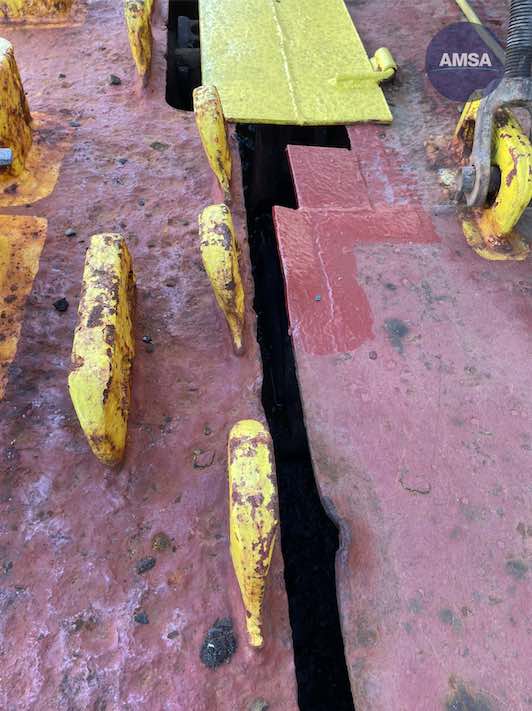
These defects have resulted in an elevated risk to the health and safety of the seafarers on board, and the Australian coastal environment.
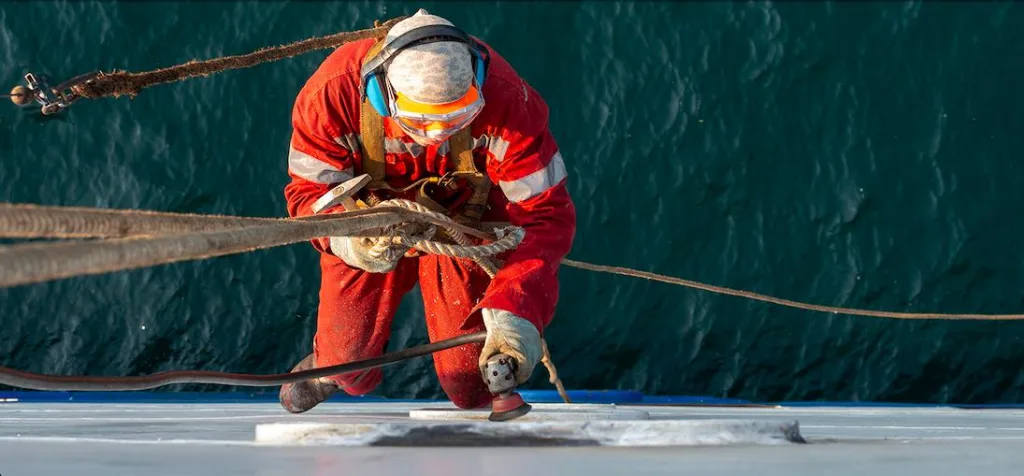
What is SIF: Serious Injury and Fatality?
Understanding SIF (Serious Injury & Fatality) which includes investigating incidents, near-misses and hazardous conditions.
Ship Nerd
This is the second time the Big Lilly has been detained this year, following the identification of 23 serious deficiencies in May, seven of which warranted detention.
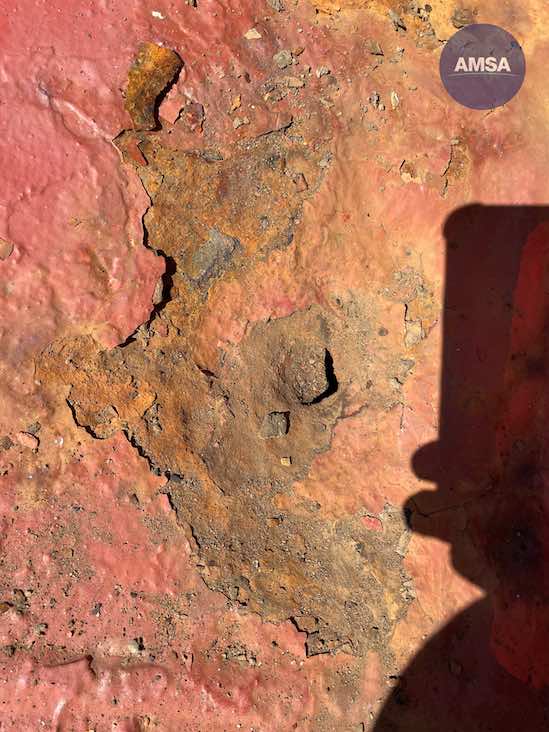
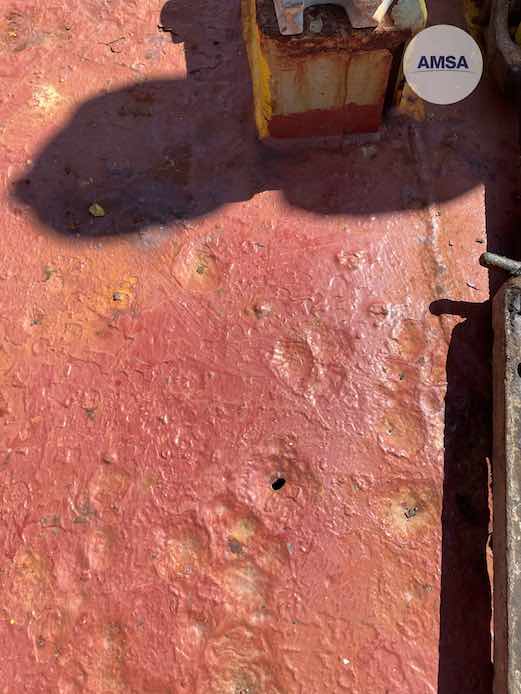
These deficiencies were not all adequately rectified, despite an agreed rectification action plan from the operator.
The container ship’s operator, V Ships Greece, has a poor record recently, with a detention rate of 16% compared to 6% for all foreign vessels. They were identified as a poor-performing operator after the first detention of the Big Lilly in June 2023. The identification as a poor performer puts the company on notice to take positive steps to bring their ships into compliance.
“V Ships Greece did not take the opportunity other operators in the same situation had, to bring the vessel up to the standards required… a serious example of poor maintenance”
“It is difficult for the crews of vessels like the Big Lilly to improve the condition of the vessel when operating on such a tight schedule.
“Operators of vessels must understand that maintaining their vessels is their responsibility and failing to do so can result in serious consequences, which may endanger lives and impact the Australian coastline.
“The ban was necessary to send a strong message that AMSA has a zero-tolerance approach to operators which allow their ships to deteriorate to such an extent.
Michael Drake, Executive Director of Operations, AMSA
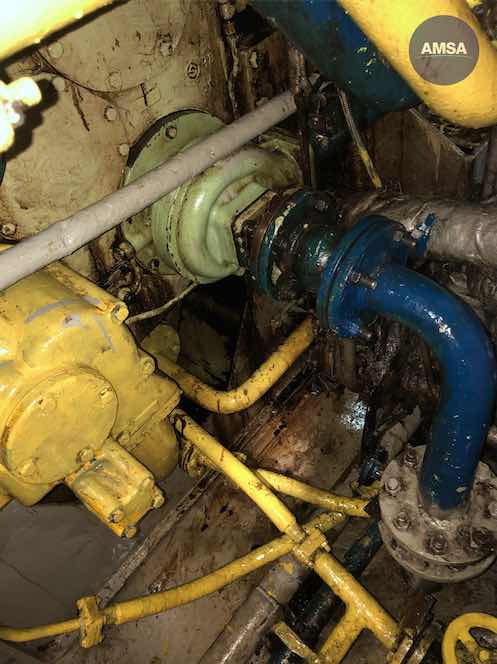
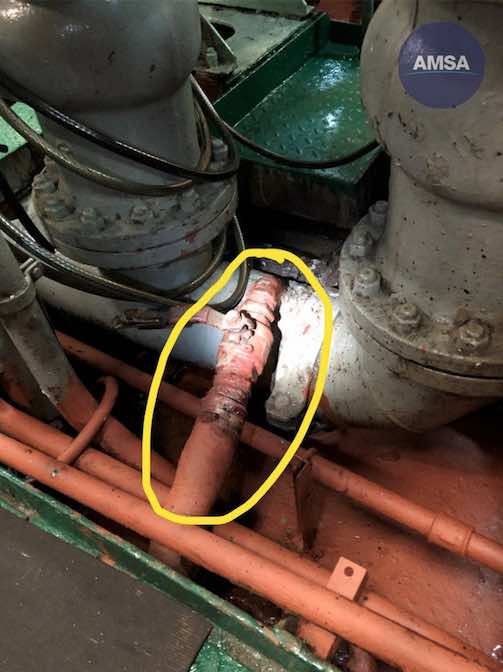
“Ship owners and operators are on notice that Australia expects vessels to at least meet the minimum international standards… this is the third banning for maintenance issues this year”
“Last year AMSA issued a Marine Notice to give clear guidance to vessel operators regarding planned maintenance on ships, so there is no excuse for not maintaining your vessel,” he said.
“Shipping is the backbone of Australia’s economy with over 29,000 ships entering Australian ports every year, so it is vitally important we have confidence in the integrity of these vessels.”
Michael Drake, Executive Director of Operations, AMSA
Planned maintenance on ships
This marine notice draws the attention of vessel operators to the importance of planned maintenance in ensuring the safe operation of ships and highlights AMSA’s current focus on planned maintenance during Port State Control inspections.
Recent incidents have demonstrated the potentially serious consequences of a lack of effective maintenance of main engines and power generation systems that can pose serious risks to the safe and pollution-free operation of vessels. In response to this, AMSA will immediately increase focus on planned maintenance during routine Port State Control inspections.
The International Safety Management Code (ISM Code)
Maintenance of the ship and equipment is a requirement of the ISM Code, including that:
- maintenance inspections are held at appropriate intervals
- any non-conformity is reported, with its possible cause, if known
- appropriate corrective action is taken, and
- records of these activities are maintained.
In relation to maintenance, the ISM Code specifies that the vessel’s Safety Management System (SMS) should:
- identify equipment and technical systems that would cause hazardous situations if they were to suddenly fail, and
- provide for specific measures (i.e. regular testing of all equipment including stand-by equipment or systems that are not in continuous use) to ensure the continued reliability of such equipment or systems
Maintenance activities need to be properly resourced, and procedures must be documented.
Impact of the COVID-19 pandemic
AMSA recognizes that a number of factors presented challenges to effective maintenance during the COVID-19 pandemic restrictions. These include supply chain difficulties in getting necessary parts and specialist expertise to affected vessels.
However, with travel restrictions and quarantine requirements now largely removed in Australia, AMSA expects operators to resume the supply of necessary spares and provide support and expertise such as class surveyors, specialist technicians, company representatives, etc. AMSA recognizes that there are still supply chain issues that can delay the provision of spare parts. However, these issues are now well known and AMSA expects that operators anticipate these challenges and make advance provisions in planning maintenance to minimize impact.
In exceptional circumstances where spare parts cannot be provided, AMSA expects that the vessel operators will have consulted with the equipment manufacturers, classification society, and flag state in preparing appropriate measures to ensure the continued safe operation of equipment and vessels. This could include for example the reduction in the maximum continuous rating of an engine or the provision of towage services in coastal waters. Given the nature of recent incidents and the potentially serious consequences when effective maintenance has not been completed, AMSA will immediately increase focus on planned maintenance during routine Port State Control inspections to protect the safety of the crew, the vessel, and the environment.
Inspections
During Port State Control inspections, AMSA will place a greater focus on planned maintenance of propulsion and auxiliary equipment and associated systems and will take necessary compliance actions to address any identified areas of concern. This may include the physical attendance of classification society surveyors to verify the condition of critical equipment and its suitability to continue to function under all voyage conditions to maintain safe operations. Operators should note that this is not a Focused Inspection Campaign (FIC) or Concentrated Inspection Campaign (CIC) of limited duration. It is a sustained focus on an identified area of concern that is part of AMSA’s data-driven and risk-based approach to our PSC inspection regime.
Source: AMSA
See Also
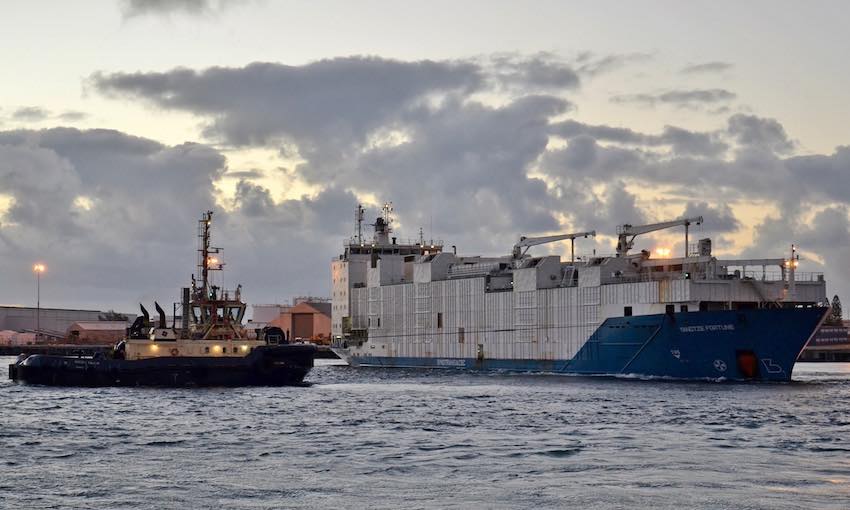
13 abandoned seafarers got free in Singapore
13 abandoned seafarers have made it home after more than 5 months aboard a livestock carrier ship, thanks to the intervention of the ITF.


